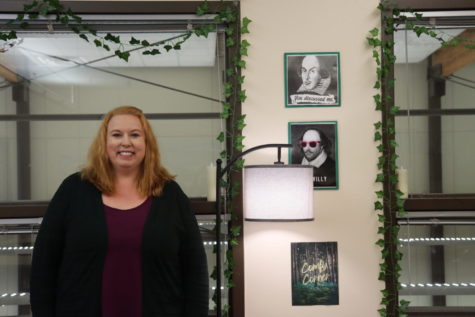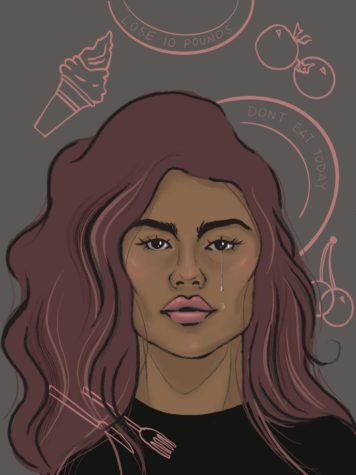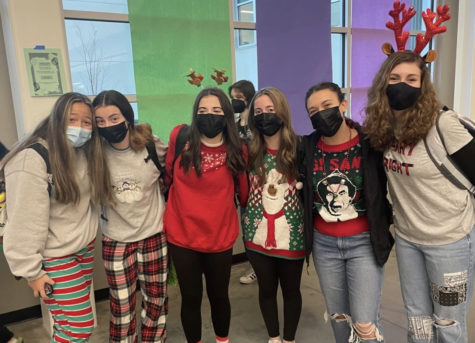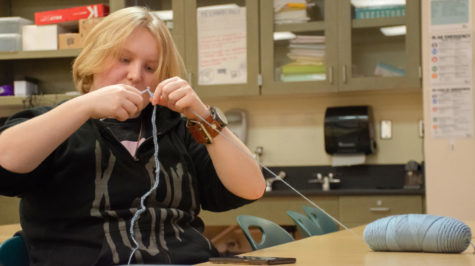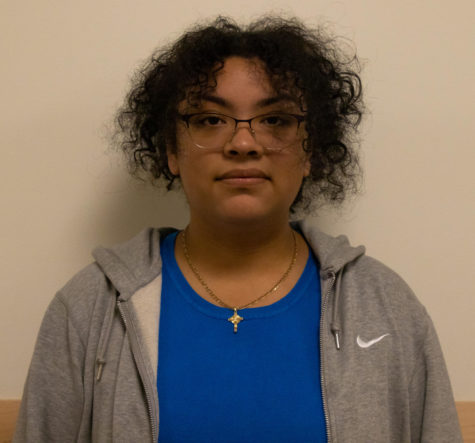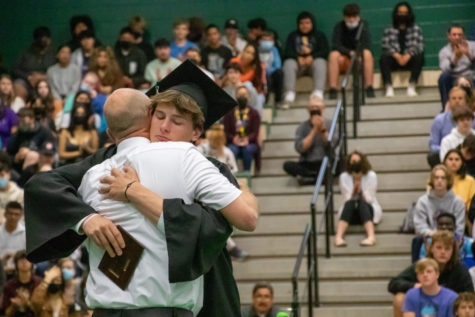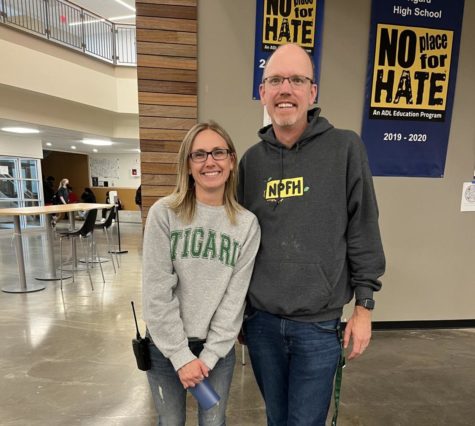“Senior superlatives are rigged”
Yearbook takes heat for having an inequitable process for senior honors
Should yearbook return to the days of the paper ballot, try a different method of voting or get rid of superlatives completely?
April 24, 2018
After the voting for senior superlatives ended and the results were released, students came to Twitter to vent their frustrations about how the voting turned out.
Senior superlatives, or “bests and mosts,” have been a part of Tigard’s yearbook since 1955, when seniors voted on titles such as “Very Typical,” “Good Sport,” and “Very Good Figure and Physique.” Superlatives are meant to showcase seniors who stand out, whether it be their academic or athletic achievements or artistic skill.
Senior River Hilliard was one of the people who vented her frustrations on Twitter after results were released. “I just wanted to see more diversity, instead of the same old people that were the most popular […] throughout the four years that we’ve all been in high school together,” Hilliard said. Hilliard also said that she only knew about the voting after a teacher mentioned that it was going on.
For the first time in yearbook history, the voting was conducted using Google Forms instead of a paper ballot. The link to the poll was distributed over social media and through student emails, but only 120 ballots were submitted over the course of the voting period—just under 30 percent of the senior class.
For the last two years yearbook staff had conducted the voting using paper ballots that were collected in the hall by senior benches. But even this method of collection didn’t yield high percentages of participation.
Senior Abby Lam, editor-in- chief of the yearbook, helped to distribute the polls over social media. “Unfortunately [collecting paper ballots] is a lot harder on us to be counting them one by one, so that’s why we decided to do it on Google Forms this year,” Lam said.
However, not everyone checks their student emails, and some students don’t have social media at all. If the problem lies in underrepresentation, one solution could be to distribute the polls in more ways. Hilliard suggested putting up posters in the halls that advertise voting, and senior Corinne Fullerton, a yearbook editor, advocated for going back to the paper ballot method.
Lam also suggested setting up computers in the commons for students to use for voting during lunches. Distributing the polls across more of the senior class doesn’t guarantee different results, though. “I feel like it’d be relatively the same, because the people who won are people who are pretty out there in the school, you see them a lot and it’s the people that you think of first,” Lam said.
Not only did less than 30 percent of the senior class vote, but another factor that lead to a lack of representation were incorrectly submitted or joke responses, which had to be discounted. Some of those responses included “Mr. Harms,” “Carlisle,” and many instances of “idk.” This along with the apathy shown by students who just didn’t want to take the time to vote both contributes to the perception that “only leadership kids” won spots in the superlatives.
Another philosophical question that the yearbook staff must answer is whether or not superlatives even need to be a part of the yearbook in the future; in essence, it’s literally a popularity contest, and if students don’t feel represented they might not feel accepted by the Tigard community.
“I really do like superlatives because I think that they really showcase and highlight seniors that stand out to their class,” Lam said. “But with all this voting and it being more like a popularity contest […] I think that we should continue do senior highlights but not necessarily in the form of superlatives.”
Whether or not you like the results of the superlative voting, the yearbook staff works hard to present students with a book full of memories that they can look back at in the future when they want to reminisce on their high school days.











